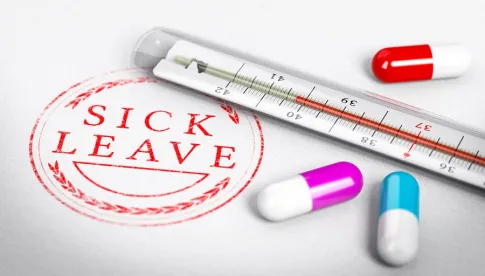As we reported on June 1, 2017, more states and municipalities have jumped on the paid sick leave bandwagon currently touring the country. In the second half of 2017, the trend continued. Washington and Rhode Island will mandate employers in those states to provide generous paid sick leave benefits to employees. We have briefly summarized the new laws below, but employers should note that these laws contain complex requirements and that failure to comply with the new requirements will result in sizable penalties.
Washington
Effective Jan. 1, 2018, employers must comply with Washington State Initiative 1433, arguably one of the most generous paid sick leave laws to date. Initiative 1433 requires virtually all employers with employees in Washington to provide all non-exempt employees (including full-time, part-time and, likely, temporary employees) paid sick leave. Employees exempt from Washington Minimum Wage Act, RCW 49.46.010(3), are also exempt from Initiative 1433.
Covered employees earn one hour of leave for every 40 hours worked. Unlike most state and local sick leave laws, Initiative 1433 does not cap the amount of sick leave an employee may earn or use each year. Employers must permit covered employees to carry over at least 40 hours of accrued leave into the beginning of each calendar year.
Initiative 1433 does not preempt Washington cities from enacting local ordinances regarding paid sick leave. As a result, employers with employees in Seattle must comply with both Initiative 1433 and the Seattle Paid Sick and Safe Time Ordinance.
Rhode Island
In September 2017, the Rhode Island legislature passed the Healthy and Safe Families and Workplaces Act (the “Act”). The Act goes into effect on July 1, 2018. Employers with 18 or more employees must allow employees (with limited exceptions) to earn and accrue up to 24 hours of sick and safe leave in 2018, 32 hours in 2019, and 40 hours in 2020. Employers must allow employees to carry-over accrued but unused sick and safe leave from year to year; however, employers may frontload a lump sum of paid sick and safe leave for employees.
Part Two: Parental Leave
Part Three: Workplace Harassment
Part Four: Equal Pay
Part Five: Ban The Box



 />i
/>i
